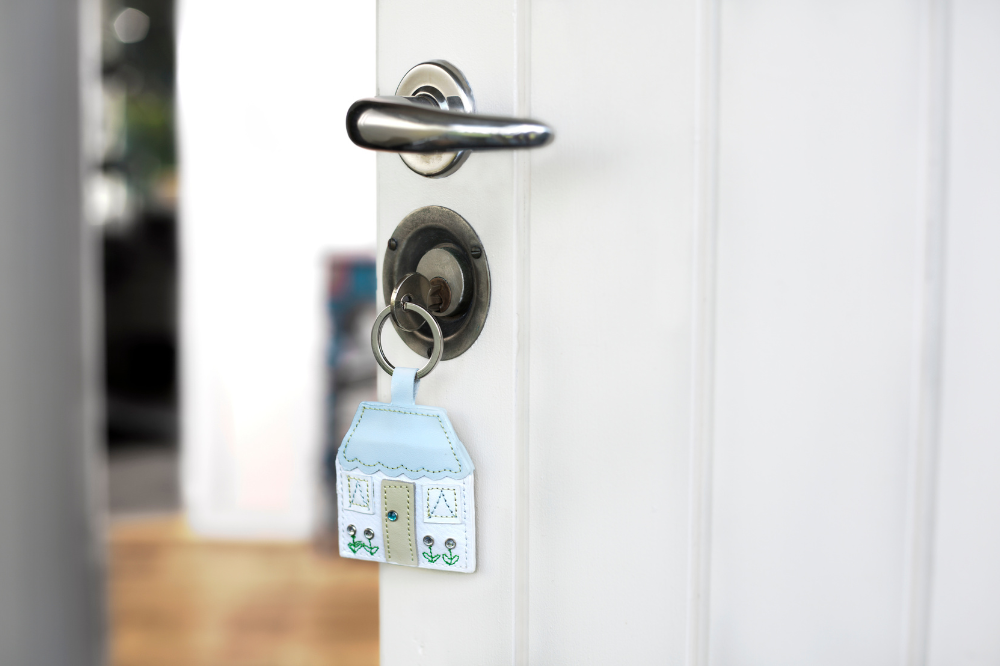Navigating the home buying process can be a complex journey. One decision you might encounter is whether or not to waive contingencies. This guide will help you understand the pros and cons of this decision and how it can impact your home buying experience.
Is It Ever a Good Idea to Waive Contingencies?
This guide explains the following:
- What are contingencies?
- Types of contingencies
- The pros of waiving contingencies
- The cons of waiving contingencies
- How to decide if you should waive contingencies
Here’s a closer look at each.
What Are Contingencies?
Contingencies in a real estate contract are conditions that must be met before the sale can proceed. They’re designed to protect you, the buyer, by giving you the opportunity to back out of the sale without penalty if certain conditions aren’t met.
Related: What can you negotiate when you buy a home?
Types of Contingencies
Common types of contingencies include home inspection, financing, and appraisal contingencies. The home inspection contingency allows you to have a professional inspect the home for potential issues. The financing contingency gives you time to secure a loan, and the appraisal contingency ensures the home is valued at a minimum amount.
The Pros of Waiving Contingencies
Waiving contingencies can make your offer more attractive to sellers, especially in a competitive market. It signals to the seller that you’re serious about the purchase and prepared to move forward quickly.
The Cons of Waiving Contingencies
On the flip side, waiving contingencies can pose risks. If you waive the inspection contingency and later discover the home has major issues, you’ll be responsible for fixing them. If you waive the financing contingency and your loan falls through, you could lose your earnest money deposit.
Related: 9 great reasons to buy a home in Boston right now
How to Decide if You Should Waive Contingencies
Deciding whether to waive contingencies depends on your personal circumstances and risk tolerance. If you’re in a competitive market, you may feel pressured to waive contingencies to stand out. However, it’s important to understand the potential consequences.
FAQ About Waiving Contingencies
Check out these commonly asked questions about waiving contingencies. If you don’t see the answers here, please call our office and we’ll get you the information you need.
What happens if I waive the inspection contingency and discover a problem after closing?
If you waive the inspection contingency and discover a problem after closing, you’ll typically be responsible for addressing the issue.
Related: 5 amazing cultural and recreational attractions in Boston
Is waiving the financing contingency a good idea if I’m preapproved for a mortgage?
Even if you’re preapproved, there’s still a chance your financing could fall through. Waiving the financing contingency can be a risk, so consult with your real estate agent and lender before making a decision.
Explore luxury condos in Boston here
What Factors Do Sellers Look at When Choosing an Offer?
When a home is on the market, sellers are often fortunate enough to receive multiple offers. But how do they decide which offer to accept? Several factors come into play, and understanding these can give you an edge when you’re ready to make your own offer.
Offer Price
Arguably the most significant factor, the offer price usually tops the list of considerations. Sellers naturally want to get the highest price possible for their home. However, it’s not the only factor and sometimes, a lower-priced offer with fewer contingencies or a quicker closing date might be more attractive.
Financing
Sellers consider the buyer’s financing method. Cash offers are often more appealing because they typically mean fewer complications and a faster closing process. If a mortgage is involved, preapproved buyers are more attractive than those who haven’t secured their financing yet.
Contingencies
Fewer contingencies often mean a smoother transaction. Sellers might favor an offer with fewer conditions, such as waiving the inspection or guaranteeing to cover a gap if the appraisal comes in lower than the sale price.
Closing Timeline
The desired closing timeline can vary greatly among sellers. Some might be in a hurry to close quickly, while others may need more time to move out. An offer that aligns with the seller’s timeline can be very appealing.
Personal Connection
While not as common, sometimes a personal connection or a well-written offer letter can make a difference. Sellers who have a strong emotional attachment to their home might feel better knowing it’s going to a buyer who appreciates it and will take good care of it.
Are You Buying or Selling a Home in Boston?
If you’re searching for a luxury home for sale in Boston, or if you’re selling your home, we can help. Call 617-967-5271 or get in touch with us online so we can discuss your needs. In the meantime, please feel free to browse our listings in the following communities:
- Andover (Boston) homes for sale
- Beacon Hill (Boston) homes for sale
- Boston Seaport homes for sale
- Fenway (Boston) homes for sale
- Homes for sale in Boston’s Back Bay
- Homes for sale in South Boston
- Homes for sale in Downtown Boston
- Midtown Boston homes for sale
- North End Boston homes
- South End Boston homes
- Waterfront homes for sale in Boston
Let’s Talk!

